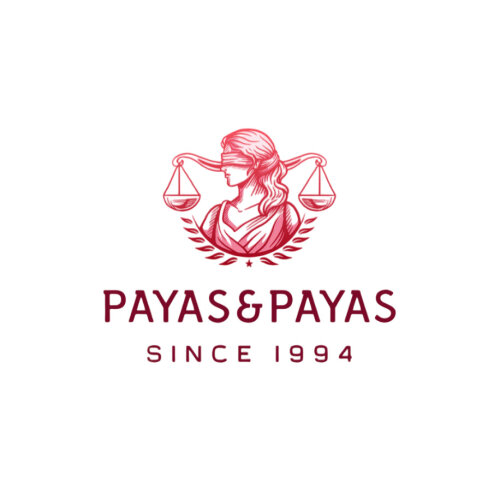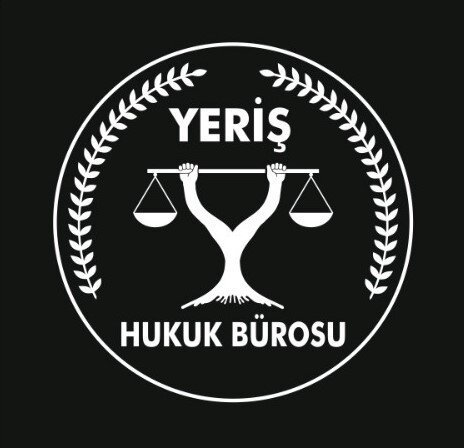Best Hiring & Firing Lawyers in Turkey
Share your needs with us, get contacted by law firms.
Free. Takes 2 min.
Or refine your search by selecting a city:
List of the best lawyers in Turkey
About Hiring & Firing Law in Turkey
Hiring and firing in Turkey is primarily governed by the Labor Code (Law No. 4857), which establishes the rights and obligations of employers and employees. The law covers various aspects of the employment relationship, including employment contracts, termination procedures, severance payments, and employee rights during the hiring and termination process. The legal framework is designed to protect employees from unfair dismissal and ensure fair treatment in the workplace.
Why You May Need a Lawyer
Hiring and firing employees can be a complex process due to the legal and regulatory requirements in Turkey. Here are some common situations where you might need legal assistance:
- Drafting Employment Contracts: Ensuring that the contract complies with Turkish labor laws and protects both employer and employee rights.
- Dispute Resolution: Managing conflicts related to termination or employment conditions that may arise.
- Compliance with Legal Procedures: Ensuring that hiring and firing processes follow the proper legal protocols to avoid potential lawsuits.
- Understanding Employee Rights: Clarifying employee benefits, leave entitlements, and workplace rights as stipulated by law.
- Severance and Compensation Issues: Handling calculations and negotiations for severance pay and compensation when terminating an employee.
Local Laws Overview
Key aspects of hiring and firing laws in Turkey include:
- Employment Contracts: Contracts can be indefinite, definite, or part-time, with specific provisions required by Turkish law.
- Probationary Period: A maximum of two months, which can be extended to four months through collective bargaining agreements.
- Termination Notice: Depends on the duration of employment; ranging from two to eight weeks notice, based on the length of service.
- Severance Pay: Employees with more than a year of service are entitled to severance pay equivalent to 30 days' gross wages per year of service.
- Unjust Termination Protection: Employees with more than six months of service in workplaces with more than thirty employees may claim reinstatement or compensation.
Frequently Asked Questions
1. What is the maximum probation period for an employee in Turkey?
The maximum probation period is two months, extendable to four months by collective bargaining agreements.
2. Are there any mandatory elements that must be included in an employment contract?
Yes, employment contracts must outline the job description, duration of employment, salary, work hours, and other relevant terms as per law.
3. How much notice is required for terminating an employment contract?
The notice period ranges from two to eight weeks, depending on the employee's length of service.
4. Is severance pay mandatory in Turkey?
Yes, employees with over a year of service are entitled to severance pay, calculated as 30 days' gross wages for each year of service.
5. Can an employee be dismissed without notice?
An employee may be dismissed without notice for justifiable reasons such as serious misconduct or breach of contract.
6. What constitutes wrongful termination in Turkey?
Termination without a valid reason or proper procedure can be considered wrongful, leading to claims for reinstatement or compensation.
7. Are part-time and temporary workers protected under Turkish labor laws?
Yes, part-time and temporary workers are protected, though specific rights and obligations may differ from full-time positions.
8. Can foreign companies hire employees directly in Turkey?
Yes, but they must comply with local employment laws and regulations, including tax and social security contributions.
9. How are employment disputes resolved in Turkey?
Employment disputes can be resolved through negotiation, mediation, or by taking the case to labor courts.
10. How can employees ensure their rights are protected when being dismissed?
Employees should seek legal advice to understand their rights and ensure that proper procedures and entitlements are observed during termination.
Additional Resources
For further assistance, you may consider reaching out to the following resources:
- Ministry of Labor and Social Security: The main governmental body overseeing labor relations in Turkey.
- Professional Associations: Such as the Turkish Bar Association, which can connect you with specialized employment law attorneys.
- Chambers of Commerce: They often provide resources and guidance for employers navigating labor laws.
Next Steps
If you require legal assistance in hiring and firing in Turkey, consider the following steps:
- Consult a Lawyer: Contact a lawyer who specializes in Turkish labor law to explore your options and understand your rights and obligations.
- Gather Documentation: Prepare all relevant employment contracts, records, and correspondence to provide your lawyer with all necessary information.
- Consider Mediation: For disputes, consider mediation as it is a cost-effective way to resolve issues outside of court.
- Stay Informed: Regularly update yourself on any changes in Turkish labor laws that may affect employment practices.
Lawzana helps you find the best lawyers and law firms in Turkey through a curated and pre-screened list of qualified legal professionals. Our platform offers rankings and detailed profiles of attorneys and law firms, allowing you to compare based on practice areas, including Hiring & Firing, experience, and client feedback.
Each profile includes a description of the firm's areas of practice, client reviews, team members and partners, year of establishment, spoken languages, office locations, contact information, social media presence, and any published articles or resources. Most firms on our platform speak English and are experienced in both local and international legal matters.
Get a quote from top-rated law firms in Turkey — quickly, securely, and without unnecessary hassle.
Disclaimer:
The information provided on this page is for general informational purposes only and does not constitute legal advice. While we strive to ensure the accuracy and relevance of the content, legal information may change over time, and interpretations of the law can vary. You should always consult with a qualified legal professional for advice specific to your situation.
We disclaim all liability for actions taken or not taken based on the content of this page. If you believe any information is incorrect or outdated, please contact us, and we will review and update it where appropriate.
Browse hiring & firing law firms by city in Turkey
Refine your search by selecting a city.

















